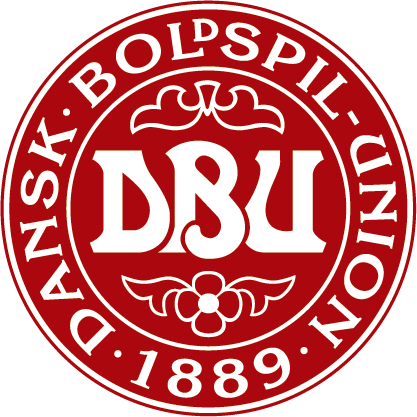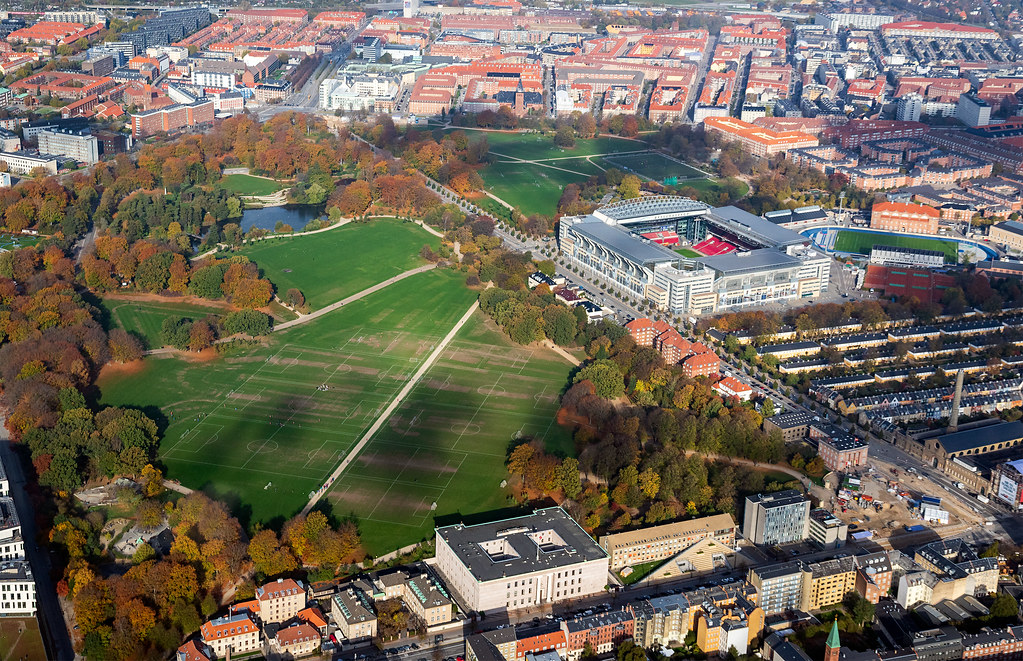The Danish FA sets up its Circular City Committee after identifying its members
The Danish FA’s project activities in the second half of 2023 were marked with setting up contacts with relevant stakeholders what resulted in establishing their Circular City Committee.
Parallel to similar activities in other partner countries and cities, the Danish FA run its own outreach campaign for identifying relevant stakeholders and partners in Denmark who the FA could work and collaborate with to improve their environmental management. The cooperation between interested parties was confirmed with the establishment of the Danish Circular City Committee which would oversee the further implementation of the ACCESS projects, its objectives and targets in this country.
The future partners and stakeholders to participate in this joint undertaking will represent private and public entities, namely the renowned brewery Carlsberg, the Danish Sport Federation, Sport Event Denmark, and the cities of Brøndby and of Copenhagen.
This group will be addressing occurrences and operations which revolve around large events and how decrease their environmental impact, green and active mobility and better environmental management of fan zones in the vicinity f the Parken stadium, Denmarks home ground in Copenhagen.
The general framework around large sport, as well as other leisure events, will be something the FA will further discuss with the Sport Event Denmark and the municipality of Copenhagen after their initial meeting in Frankfurt on 29 June. This first meeting allowed the parties to discuss and agree on project scope and purpose, define stakeholder’s role and responsibilities, and define pilot actions for CCC and define next steps. The objective would be to make large events, not only sportive ones, less dependant on resource consumption, minimise nuisances, avoid littering and more.
Linked tot he previous objective, and mentioning littering and less nuisances, the FA has also officialised a cooperation with Carlsberg. The wish is to reimagine and rethink the fan zones in the vicinity of the stadium. While a meeting took place on 11 October, the next steps will certainly see engaging with the Parken stadium to identify synergies between the management of food and beverages inside and outside the stadium, especially in fan zones. For the next CCC meeting the plan is to invite the Director of Venue and Services at Parken, as well as to select an external company to facilitate the project.
Finally, a process often addressed when wanting to decrease the environmental footprint is mobility. Together with the Danish Sports Association and the city of Brøndby which has ambitious climate and health policies, the promotion and availability of public and active transport was addressed on 20 November. What is yet to come is defining the method of qualitative and quantitative data collection, such as interviews, focus groups or surveys. The next meeting of he CCC might also see the Brøndby Football Club as a potential new addition to the lot.
With the spring of 2024, the four CCCs in Dublin, Porto, Wales and Denmark will be publishing their action plans for the remaining time on the project ensuring that plans currently being discussed get implemented by May 2025.
Credit: Photo by Stig Nygaard















